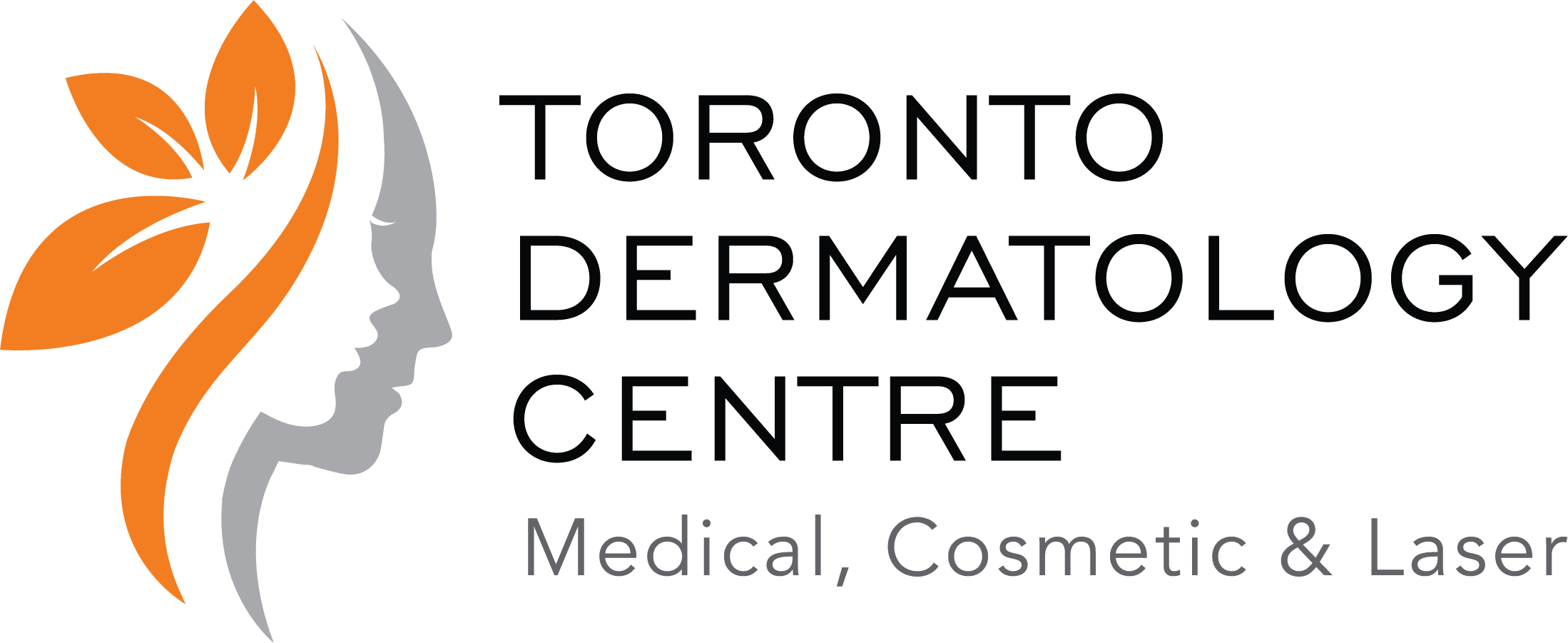Under the guidance of a dermatologist or skin care specialist, expectant mothers can treat their skin concerns in a healthy and safe way. Although some changes may need to be made, there is no reason to deny yourself that pregnancy glow so often talked about. In addition to the numerous (and obvious!) changes that occur during pregnancy, the skin experiences its own responses to hormonal fluctuations. Common and visible changes include mole variations (bigger, darker, and more of them), the formation of spider veins and stretch marks, increased pigmentation on the face (“melasma”) and abdomen (“linea nigra”), and an overproduction of sebaceous oil, which can lead to acne.
The most critical skin-related changes to monitor when pregnant are any deviations in mole size, shape or colour. While some growth and colour change is expected, it is recommended that pregnant patients who experience rapidly changing moles visit their doctor for evaluation and potential removal to ensure there is no melanoma developing, a deadly type of skin cancer.
At Toronto Dermatology Centre, we confirm all oral and topical products with Motherisk, a research and counseling site for the safety of drugs, chemicals or maternal disease in pregnancy, to ensure the safety of the baby and mom- to- be.
When topical products are applied to small areas of skin such as the face, a very minimal amount may be absorbed into the bloodstream. The probability that applying active ingredients topically will cause birth defects is incredibly low, but there are some ingredients such as salicylic acid, hydroquinone, or retinols that have proven to be more controversial.
Pregnant patients may need to eliminate certain products from their routine or replace existing skin care treatments with pregnancy-friendly options. I also suggest preventative measures when appropriate and discuss with my patient how we can work to correct skin issues after the baby is born. For example stretch marks may be unavoidable, but with certain lasers or other treatments, their visibility can be greatly reduced.
Hyperpigmentation and melasma can also be prevented with sun avoidance and daily use of a high sun protective factor. It’s important to note that sunscreen and sunblocks are safe for use during pregnancy. Post-pregnancy, I focus on getting a patient’s skin back on track with a prescribed regimen that may include SkinMedica Lytera® Skin Brightening Complex, Skinceuticals C E Ferulic and Clayton Shagal Colhy Gel and Elasty Gel.
The term “pregnancy mask” is often used to describe the facial hyperpigmentation that develops during pregnancy, also known as melasma. Melasma occurs when damage from UV rays is compounded by the increased levels of circulating estrogen that occur during pregnancy. Bleaching creams containing hydroquinone should be reserved for post-pregnancy use, and treatment is appropriate only for those patients willing to wear SPF daily and follow strict sun protection guidelines as melasma can otherwise recur.
A variety of topical preparations can provide relief for hormonal acne and are widely considered safe to use during pregnancy. Some drugs/ topicals are strictly off-limits—so are laser procedures and oral therapies such as Accutane, some antibiotics and spironolactone. Products that contain azelaic, glycolic or alpha hydroxy acids, are considered safe as these ingredients have been sufficiently studied for use during pregnancy. Common acne-fighters benzoyl peroxide and topical antibiotics are also safe.
Medical-grade facials performed at a dermatologist’s office also offer skin-beautifying benefits via exfoliation, extractions, massage and mask application. Patients should discuss the ingredients being used with their skin care specialist and make them aware of the pregnancy (or nursing) during consultation. It is possible to feel as beautiful on the outside as you do on the inside during pregnancy, and post pregnancy during breast- feeding. Always play it safe, and be sure to check in with your skin care specialist or dermatologist, and always wear your sunscreen!
~ Sheri Roselle, Medical Esthetician at Toronto Dermatology Centre
